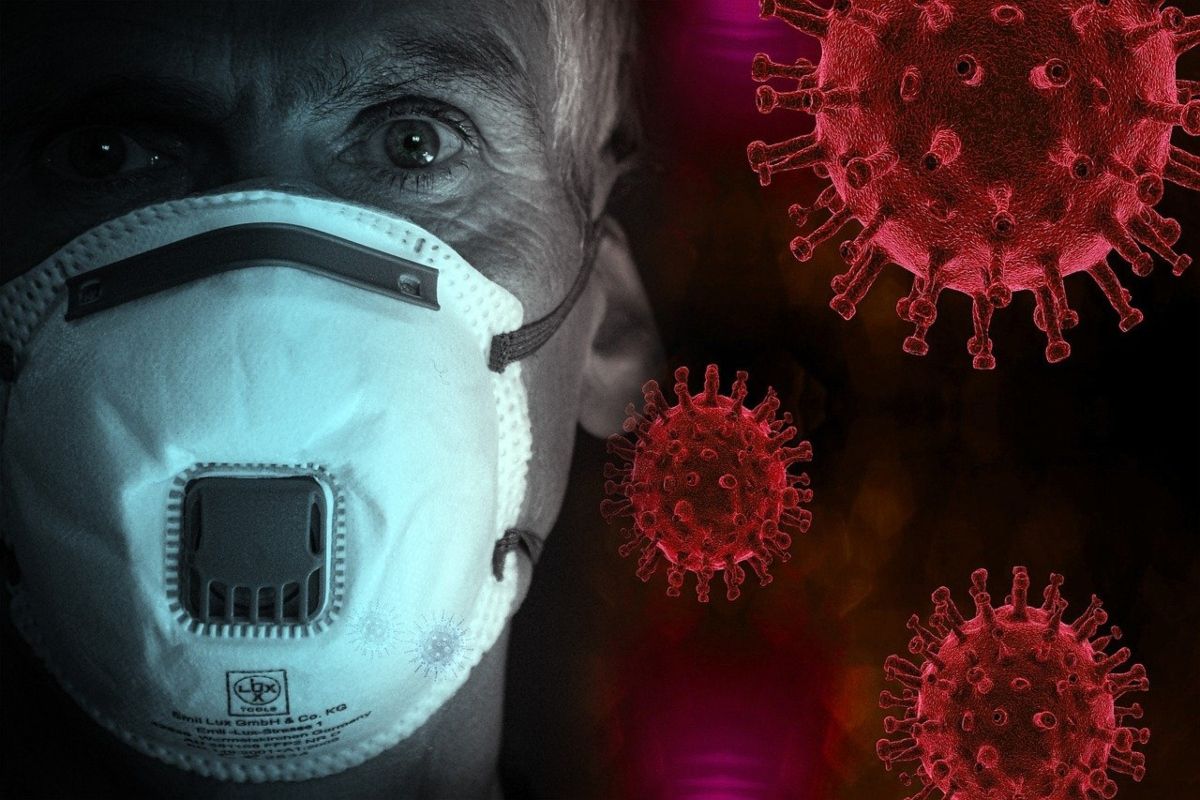The ominous resurgence of the COVID-19 pandemic has cast a shadow over India, with 358 new cases reported in the last 24 hours, out of which 300 emerged in Kerala. This surge has reignited memories of the fearful lockdowns and restrictions that defined the past two years. Amid the escalating situation, six individuals have succumbed to COVID-related complications, underscoring the seriousness of the current outbreak. The Union Health Ministry reports a total of 2,669 active cases across the country.
Yesterday’s spike of 614 cases, the highest since May, has set off alarm bells among health authorities. The driving force behind this surge is identified as the JN.1 variant of the virus. The World Health Organization (WHO) has classified JN.1 as a ‘variant of interest,’ acknowledging that current evidence suggests it doesn’t pose a major risk. However, concerns are raised about its potential to exacerbate respiratory infections, particularly with the onset of winter in the Northern Hemisphere.
Dr. Soumya Swaminathan, former WHO chief scientist talked with NDTV, and cautioned against downplaying COVID as a common cold, citing not only the severity of acute cases but also the lingering effects of the disease. The JN.1 variant, a sub-variant of Omicron, is noted for its increased transmissibility and ability to evade existing antibody responses, leading to waves of infections.
Dr. Rajeev Jayadevan, Co-Chairman of the National Indian Medical Association Covid Task Force, expressed concerns about JN.1 being a multi-step ahead variant. He advised caution, particularly in enclosed and crowded spaces, emphasizing the importance of wearing masks. An advisory from the administration of Chandigarh echoes this sentiment, urging people to wear masks in crowded and closed settings while practicing hand hygiene.
The emerging situation prompted a high-level review by the Union Health Ministry, where Health Minister Dr. Mansukh Mandaviya stressed the need to be alert and prepared against new and emerging strains of the virus. He urged all states to enhance surveillance and ensure adequate stocks of medicines, oxygen cylinders, and other essential supplies.
Symptoms of the JN.1 variant include fever, cough, loss of smell, and loss of taste. Dr. Swaminathan recommended heightened vigilance, especially in crowded places, and suggested the use of pulse oximeters for the vulnerable population. Authorities are determined not to underestimate the potential impact of the JN.1 variant, emphasizing the continued importance of public health measures to curb its spread.
As India confronts this new challenge, the nation remains vigilant, recognizing the evolving nature of the virus and the imperative to adapt strategies to safeguard public health. The coming days will be crucial in determining the trajectory of the current outbreak and the effectiveness of measures taken to mitigate its impact.


